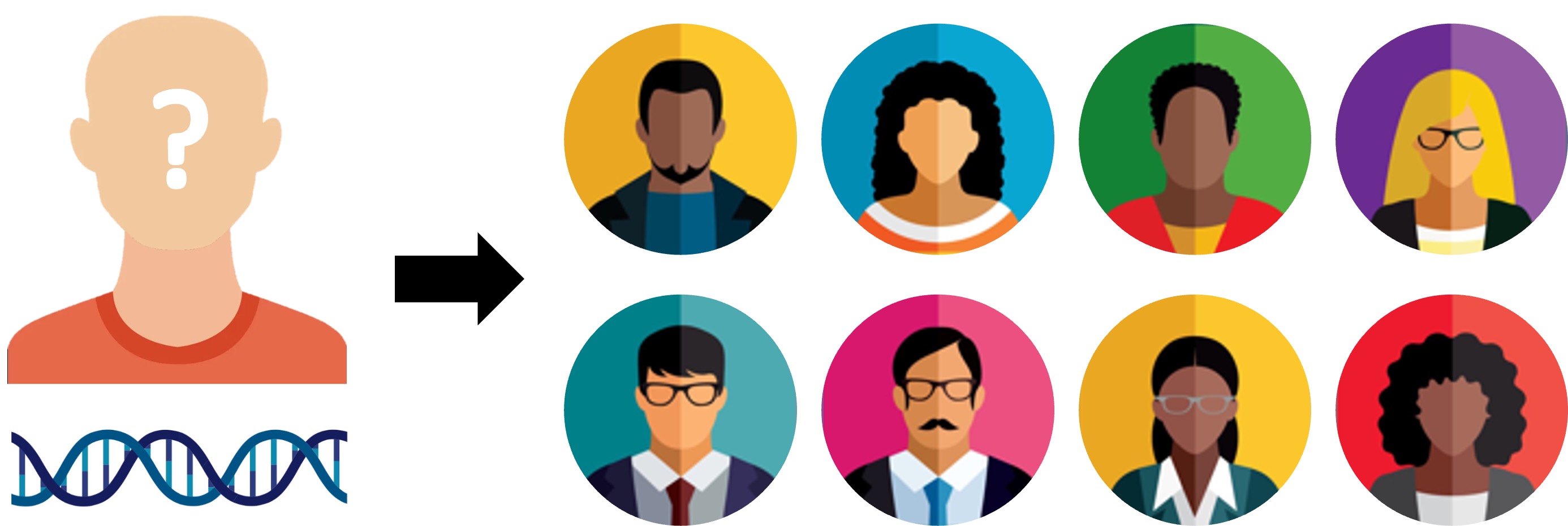

Genetic Variation
Mutations are considered random in that they can occur anywhere in the base sequence of a genome
-
However, some base sequences may have a higher probability of mutating (e.g. mitochondrial DNA)
Mutations are also considered random in that there is no set consequence for a change to the base sequence
-
Mutations can be beneficial, detrimental or neutral – there is no pre-determined direction to the progressive changes that occur within the base sequence
-
Consequently, there is no natural mechanism for inducing a deliberate mutation in order to change a particular characteristic
Mutations are the only source of new alleles within a population and function as the original source of all genetic variation
-
Typically this variation will be continuous and follow a normal distribution curve as the rate of change is gradual and cumulative
-
Maintaining a high level of genetic diversity allows species to survive environmental change and develop beneficial adaptations via natural selection
Genetic Variation







